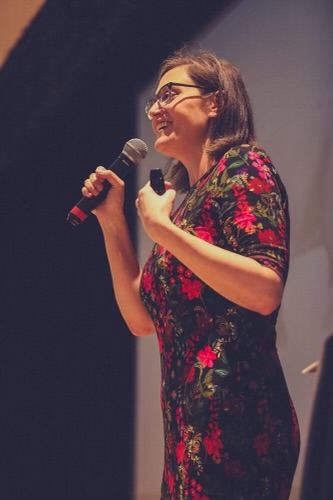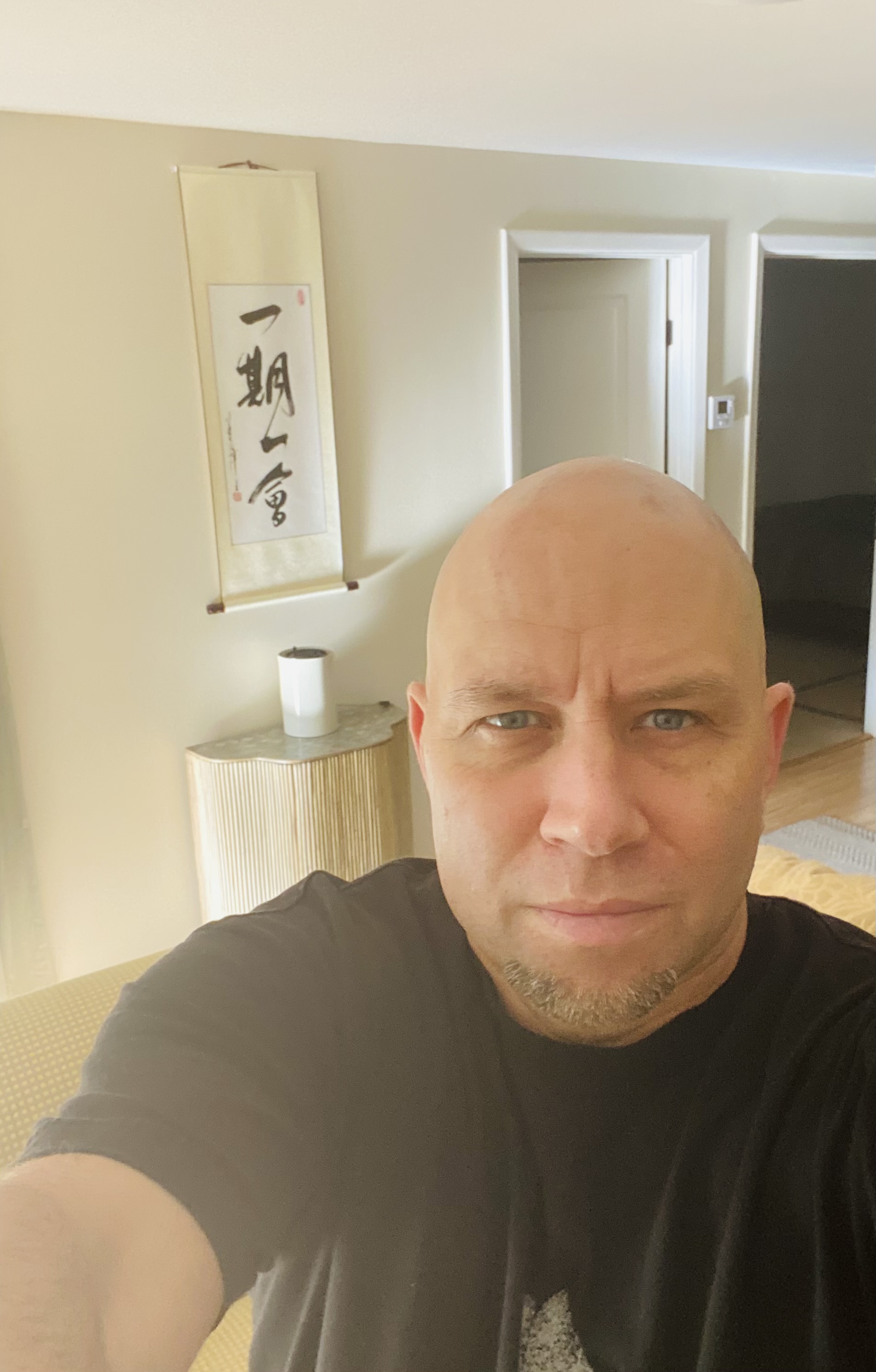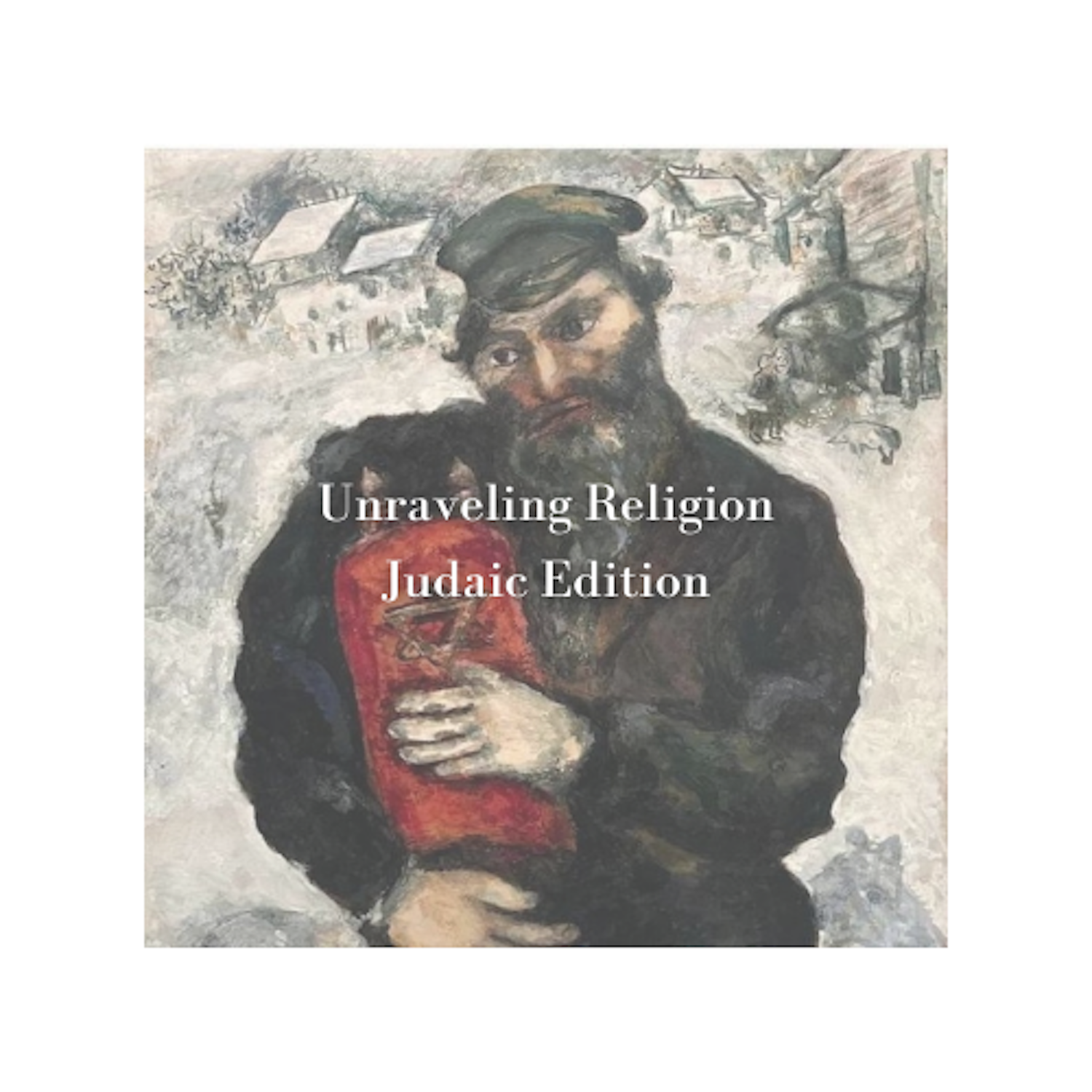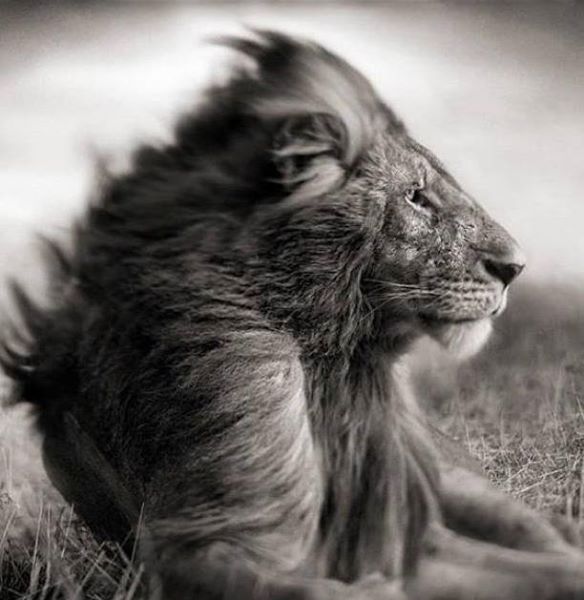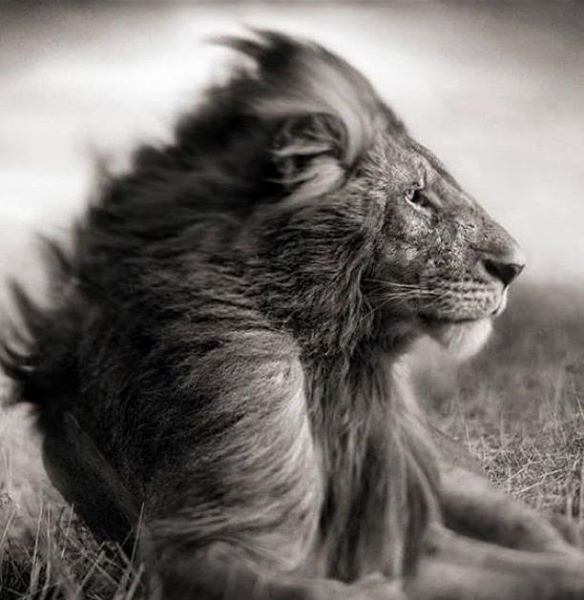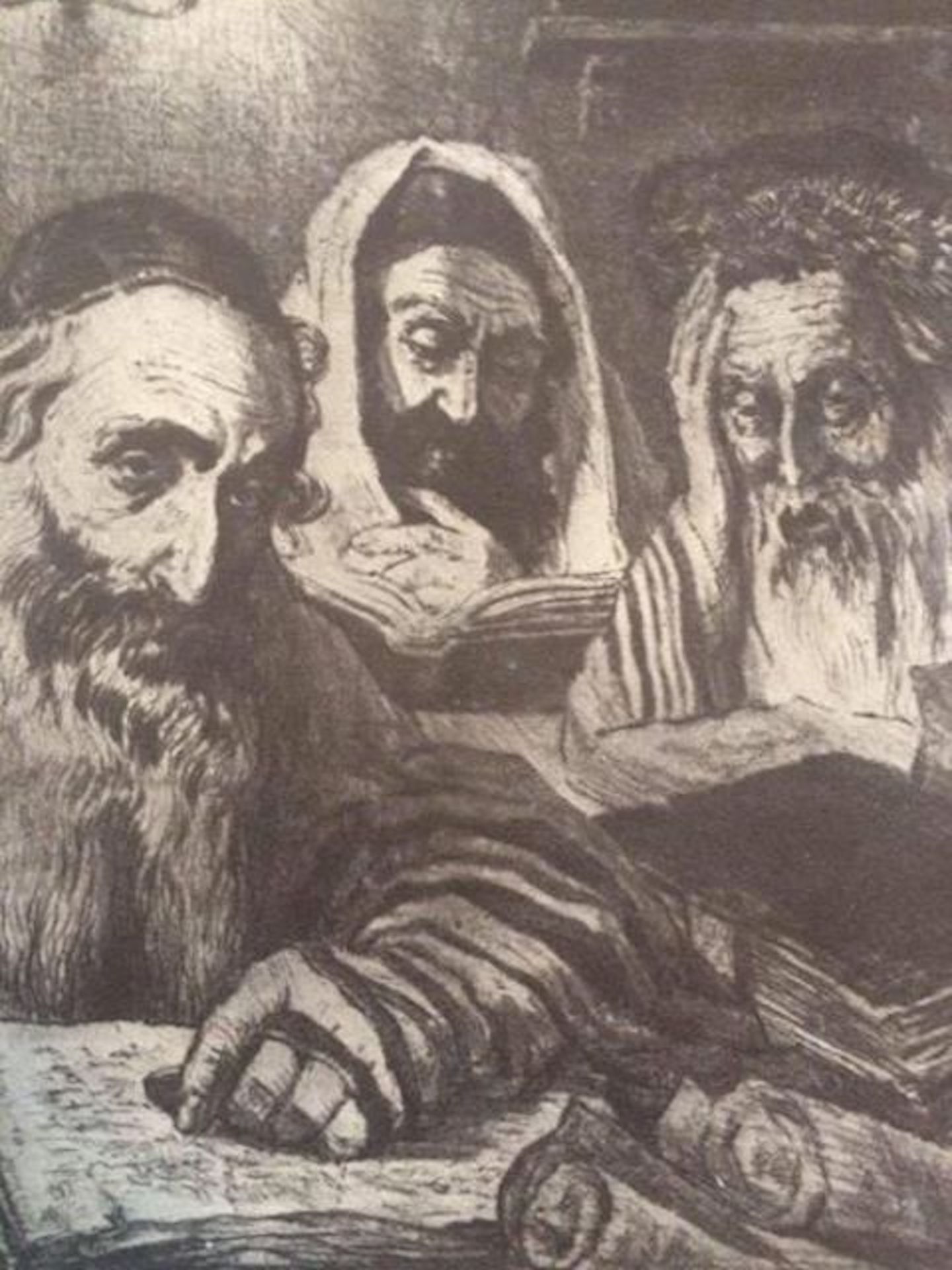Episode Transcript
[00:00:00] Speaker A: Hello and welcome to another installment of Unraveling Religion Judaic Edition. And I'm here with the new host of Unraveling Religion Judaic Edition, Jessica Menon. And I thought we could have a conversation, Jess, about just what are we doing and why?
[00:00:16] Speaker B: Hi, Joel. Thank you so much for having me. I am excited to be taking on some hosting duties. Kind of want to start with this idea of the title. I'm actually going to throw it back to you. Where did the title Unraveling Religion come from?
[00:00:32] Speaker A: I love the question. It's funny, no one's asked me that before, but upon my reflections, it came to me in an interim period where I had been interviewed for a birthday party, of all things. Richard Wicka, who became my podcasting mentor, interviewed me for a birthday party. My friend Gary Serbonowitz, who turned 40 at the time. And I gave a little spiel about how I knew Gary. And then at the end of my spiel, Richard said, would you ever be interested in doing a podcast? And immediately I was like, no, not at all. Thanks for asking.
But the question settled in me and I kind of like played with it and pawed at it and reflected upon it, and I was like, boy, you know, I love spirituality. I think spirituality is so important to me, and I've kind of like gained some understanding in it through different practices and readings. And so during that, the six to eight months before I answered Richard, when I decided on spirituality, I thought, oh, I could call it Unraveling Religion. And I feel like I've thought about this lately, that Unraveling Religion really, really, I think is came as the name because as a reformed Jew, you know, my spirituality was really in. My relationship to religion was really very. You read a line in a book and you recite it. And so the depth and breadth of what religion offers, not just Judaism, but, you know, other traditions as well, have this profound, profound depth. And so it became, my explorations, really did become initially in my own personal journey, was to unravel religion, understand what is going on here spiritually with things. And so that's where that's kind of where Unraveling Religion came from. But I appreciate the question.
[00:02:20] Speaker B: I love that I'm ask. I ask because religion, the word religion, is one that I often feel slightly allergic to because by nature of the way that we usually employ the word in English, it sounds very prescriptive. And I tend to like to think of the exploration of Judaism in particular as something that's very open and free flowing and a practice that's in many ways almost anything but prescriptive. Although of course there are elements that can be prescriptive. And so I was thinking about this idea of unraveling what. And the, the root of the English word religion comes from the Latin, which means like to bind, like to bind up. And so it, it's actually quite beautiful because when you bind something, you think of literally tying it up.
[00:03:12] Speaker A: Yeah, yeah, yeah.
[00:03:13] Speaker B: To unravel that, to untie. That seems like the perfect word to step into the pursuit of saying, can we. What is bound up when we say Judaism? What is bound up in that word? When we talk about Jewish religion, which also includes culture and language and food and the ways in which we think about ourselves in terms of our ethnicity and where we're from. And, and so beyond just the idea of the faith based practices of Judaism, what's cool about unraveling religion is that it touches on all of the things that bound up in Judaism.
[00:03:52] Speaker A: One of the things that I've come to see is in my explorations and in practices is that, boy, is there a. You can, you can titrate out the experience of religion into thoughts, beliefs, experience and touching the depths of reality. When people touch the deepest aspects of reality, they touch the deepest Shunyata in Buddhism or you know, when, when God, God says, you shall not see my face and live. It's the same thing as shunyata. God is not talking about a physical, incarnated death, it's talking about the death of identity that one separate self cannot exist in relation to seeing the face of God. And so that experience and the faith and the beliefs and the thoughts about all these things and the dictates written in the Word are all bound up into these words in Torah or in text that may lose their meaning. If the initial opened experience, the initial open depth of spiritual understanding is not transmitted from generation to generation, the depth of the, the spirit of the religion is lost. This is what I've come to find. You're reading words and you're like, whoa, that's a nice, that's a nice word. But really, as you open and meditative practices to the depth of what you are, you see that the word unfurls like a flower or a blossom into a profound, limitless, a limitless teaching. And it's my feeling. And Torah, each word is a limitless. There's no accident that it's arranged in this way. The shores, the spin off, the context, the repetition, all of it, no accident. And so when we talk about unraveling religion and we Talk about the Judaic edition. Really? That's, that's where I'm arriving at these days.
[00:05:48] Speaker B: Yeah, I love that image of the flower opening and what might be inside and the way that we think about cross pollination between texts and between ideas. And I've always been very drawn to the, the Delorean of, of Jewish learning of the ability for us to time travel so effortlessly even in a single text. You' rabbis, sages in conversation with each other who did not live in the same time period. And it feels like such a cool, modern, livable way of engaging in with things that are quite old. So I've heard. You know, I love ritual and I love thinking about what we are the inheritors of and how we employ these things in our lives. And you'll hear people say like, you know, ritual is just dead people telling you what to do.
And I'm like, that is so cool.
Like, we can, like we can talk to our ancestors. We can engage with the past in a really dynamic way. For, for us as Jews, it's not just like, you know, come to synagogue and say these words, it's come into these texts and, and insert yourself and assert your own thoughts and feelings and ideas and be in dialogue. It's very cool.
[00:07:12] Speaker A: That's, that's what it's there for, right? It's waiting for us. And so the accumulate the accumulated wisdom of hard lessons in different times and places are distilled into these texts which through attention and through time offering. You know, the rabbis say give time to time, right? Like, you know, time is. And then give your time to time. Like pay attention, pay attention to now. Because when you pay attention to now in Torah and text, it, it opens it the dimensions, the container drops away and the dimensions, the limitless aspect of things can open if you begin to access that place in yourself. So that's very powerful. And then I know we, we met at Matters and it's a fellowship a part of the North American of Pardes Institute of Jewish Studies, which seeks to teach and assist people to facilitate dialogue in community that are. There's discord, there's. And it teaches when to engage and when not to engage and how to engage. All based on Torah and text in Talmud.
[00:08:20] Speaker B: Yes, Pardes is such a, it's such a special place, but it's also not a single place in space. Paradis is a location, a school based in Jerusalem where you can go, anyone can go and learn and be in a really rich setting, like a very open, welcoming Beit Midrash setting. Where you're invited to step in and learn text. Pardes is also radiating out from that center in Jerusalem. Pardes North America. And incredible opportunities to engage on this side of the pond with paradise educators and curriculum and really think about the ways that we integrate these texts and ideas, methodologies, for example, Chavruta, or the methodology of engaging in sacred argument, Mahlogat into our lives. My discernment process of becoming more involved in Jewish life and ultimately becoming a rabbi really began in so many ways with Partes. So while the heavens didn't part and the angels didn't sing, I did have. There's the before parties and after parties right in my life where I was like, what, What. What am I? Is this it? Is this, you know, and like, is this what it? Is this what it is? Like adulting or life or like, what's happening? Like, what am I doing?
And I had really no sense of sense of purpose, like a larger sense of purpose, you know, I saw this guy come in, he had a beard, and he was wearing a kiba. And I was like, ooh, a rabbi. So I helped him find this album he was looking for. We started talking, we had coffee, and he's like, you know, why don't you go to Israel and just spend some time, like, figuring. Figuring it out, right? Just take some time, like you're 23. I went to Haifa and I spent a summer semester at the University of Haifa. And I met really, really interesting, cool people around my age and life stage who were going down to Jerusalem for the year to study at this place called Par.
I was just blown away. I was a lit major in college and focused on literature and gender studies and. And the way in which words make ideas happen.
And it turns out that the Torah is very concerned with the ways in which words make ideas happen. So it was a match made in heaven, so to speak. And I never. I turned that page and really never looked back. I didn't know that Jews learned Torah. I didn't know that that was a thing. And so I walked into Pardes and was like, sat down. The first class was, you know, Chumash, and we were studying the book of Shmote, the book of Exodus. And we. We just looked at those first two words. Elishmot. These are the names. Now the verse goes on to say, these are the names of the people who came down to Egypt with Jacob when, after the famine, then this is the end of the. It's sort of recapitulating a little bit of the end of the book. Of Genesis. But we talked for like a week about Aishmote, like, the words and the. Where we were in the text and the way the text was functioning. He. He sent us into the Beit midrash, and you had your mikra, ok, Dolot, which is like the text with all the mafarshim and all the commentaries. And you're like, well, what is it? Just. It's so magical. It's so magical. And it's like, in the beginning, you have to get used to not knowing. We are. Again, it's a societal norm that we don't want to put ourselves in positions of not knowing. We like to feel smart, right? Everyone wants to feel smart.
And I did not feel smart in the baby, Josh.
I didn't know the Hebrew. I didn't know the words. I didn't know anyone, any. And it didn't know anything. And now looking back, it's like, what an absolute blessing. Like, I encourage all of us to find a way to engage in something in our lives that's new, that you don't know, but give yourself a chance to not know. Give yourself a chance to not have to be, like, the smartest person in the room. Learn something new. It's amazing.
[00:12:19] Speaker A: And just. Could you talk a little bit about the Word and what it is and how it. How it relates to kind of Judaism?
[00:12:28] Speaker B: Yeah.
[00:12:29] Speaker A: Oh, my God.
[00:12:30] Speaker B: So, like, if you had to break down, like, what are the really, really good ideas? Actually, Art Green did this. He has a book called the really Good Ideas of Judaism or something like that. But if you had to break down the really good ideas of that Judaism offers the world. Right? So Shabbat would be one of them, because weekends are cool and we should take a break and would one of them, because it's a pedagogy. It's a way of engaging in learning that is actually quite radical, which is that you don't sit passively in your seat and listen as someone tells you about something.
So it's not like you sit there and a rabbi lectures at you about the text.
The rabbi would frame where we were in the text and give us some scaffolding, so to speak. And chavruta is then the. To go into the Beit midrash with a partner, with a. With someone who's your fellow, right. And sit with the text between you. So it would be me and you, Joel, sitting across from each other with the text in front of us and reading it together out loud with the words in our mouths alive between us. And that's where the concept of K comes from. It comes from that root chaver, chaverim, or fellowship, or this idea that learning is something that is active and like, you know, is like, no, dude, you're not reading passively. You're not being taught frontally. You're going into the text itself and you're excavating with someone, with another person who has their own. And then all of the baggage and all of the stuff that we bring to it as, as human beings. And the rabbis actually teach us that the Kavruta is not just between two people, that in every.
It's you and your study partner, your fellow. It's the text and it's the Shekhinah, the presence of God. And it's unbelievable.
[00:14:23] Speaker A: If you have any spiritual questions or existential questions in all of existence, probably beyond planet Earth, the place you want to be is Jerusalem. It's as if God took a spiritual can opener to the and created a spiritual portal direct into Jerusalem. And it's like, I describe it Jerusalem as like the eye of the storm or the eye of the hurricane of human existence. Like, boy, that is the portal through which the one or Adonai infuses wisdom in ways that can't be found anywhere else. And so, you know, I describe it like that, like the sky, everything. Like it just feels like God took a can opener to that place in a spiritual dimension and just. It just pours through there. Like it's imbued in kind of like the energies there.
[00:15:12] Speaker B: It's a very, very, very special place. I encourage people to spend some time there if at all possible.
[00:15:18] Speaker A: When you think about unraveling religion Judaic edition, are there any kind of thoughts or feelings, visions or hopes or intentions or.
[00:15:27] Speaker B: Well, I think first and foremost for this year, this season, I'm thinking about unraveling religion as an opportunity to engage my friends. I love the fact that at 20 years in the field of professional Judaism, I have an incredible network of friends and colleagues who I wish I had time to just sit with them and pick their brain. And unraveling religion is literally that. It's like sitting across from someone and talking about something and letting the conversation literally unfold, unravel, so to speak, without not necessarily having talking points and an agenda. These are people who travel and give lectures and who teach and are esteemed in their own ways. But to just be able to have like a Hamish conversation with someone about their extra expertise, knowing with so many of these people that we also have a friendship that bolsters that conversation is Such a unique opportunity. So as I was thinking about, what are the issues that I think about? What are the. The topics that matter? A big part of it was, like, who are my buddies? Like, who are my friends who I really want to spend an hour in conversation with? So, you know, I'm thinking about folks like dear friend and Rabbi Eli Hukavirtz, who just published a book last year about circumcision called Sacred Insignia. And I think a lot about Brits, about covenant, about Britmila, about what it means to engage in this ancient practice, conversations with people like Rebbetzingila Ross, who wrote a book about Pirke Avot. She's a mother, She's a Kiruv educator. She's a woman whose orthodoxy inspires me. She really has powerful spiritual language around Pirke Avot, the Ethics of Our Fathers, which I'm also thinking about folks like my friend Reverend Amanda Barker, who is an Episcopal priest. And I'm just so struck by what the Episcopal movement is saying and doing to protect marginalized communities, to stand up for immigrants and for the LGBTQ community, and to do so in a way that's true to the tenets of their faith and also to speak truth to power. Excited to talk to her. And so that's kind of how I sketched out a little bit of the year, of what the episodes will look like. It's like, what are the issues that we're facing as a faith community? And how can we be in dialogue to unpack really deep questions and ways that promote and promulgate meaning making in the world?
[00:18:12] Speaker A: One of the conversations that I had was with Rabbi Gedalia Gerfein of Jerusalem, and he introduced me to this. I think it's Frimer who said, better a good question than a bad answer. It's a good reminder to remember that. That there's.
[00:18:27] Speaker B: That's really. I might even go further and say a bad question is better than a good answer. Right. Because even a bad question leaves space for dialogue, for conversation, for. For. For building something where, like, sometimes I feel like the best answers close the conversation as opposed to continuing or opening it. So really powerful stuff.
[00:18:53] Speaker A: Definitely. And so just in closing out Jess, I'm just wondering, any thoughts, final reflections, things you'd like to offer up?
[00:19:00] Speaker B: You know, I was just thinking this week about a teaching that Rabbi Yaffa Epstein of Pardes teaches around the story of the Exodus and where we are in the text right now. But she says that when the sea. When the Red Sea split, she's teaching this from A midrash. This is a midrash that says when the Red Sea split and the people walked through. You usually see, you know, you can imagine, like, the sea splits in one wide path, right? And the walls of water are on each side, and the people walk through. And the midrash actually says that that's not how. That's not what it looked like, that the sea actually split in 12 unique individual paths, so that each of the 12 tribes had their own path to walk through the sea.
And the way that the water split was not opaque. So that you could see, you could look through the water. And like, let's say I'm in one tribe and you're in another tribe. I could look through and see you like, oh, look, there's Joel's tribe over there going their own way, and you could see me, but we weren't on the same path. It's a beautiful allusion to the fact that we all have our own path through the narrow places of life, Right? The sea doesn't just split in one way. And I hope, you know, with unraveling religion, that people really feel that. That they feel the sea splitting for them. Their questions and their narrow places and their pursuit of meaning making, that they feel the c split in all of these different ways through these different episodes of learning together, so that wherever you are, whatever tribe you're in, you find your path. And you also feel that sense of peoplehood and camaraderie that you can look over and be like, I'm not on the same path as Jess or Joel, but I see them on their path. I see them, and we're all moving forward together.
[00:20:58] Speaker A: You know, from just from a straight literary standpoint, that that is always considered the actual birth, the splitting the seas, the birth of the Jewish nation and anything else.
[00:21:09] Speaker B: Rabbi Jess, any Love you, Joel. Guys, Joel's the best.
[00:21:13] Speaker A: And so just in closing, I just want to say that I'm very appreciative of this time and place and look forward to a new and developing growing friendship is the most important part, the most important thing.
